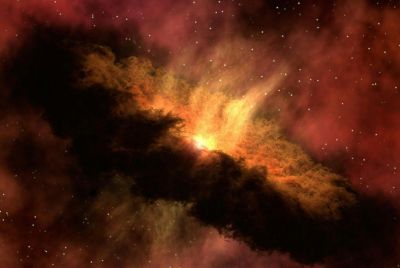Times Atlas ‘Wrong’ on Climate Change Impact in Greenland
A group of UK polar scientists say the Times Atlas of the World was wrong to claim it was forced to re-draw its map of Greenland due to climate change.
The latest and 13<sup>th edition of the Atlas, which was edited last week, said global warming had turned 15 per cent of Greenland's former ice-covered land into "green and ice-free", but a group of scientists from the Scott Polar Research Institute say the figures advanced are wrong.
This news risks affecting the image and credibility of the Atlas, which claims to be the world's "most authoritative".
In its new edition, the atlas included a number of well publicised revisions that had been made for reasons of environmental change and included the break-up of Antarctic ice shelves due to climate change, the shrinking of the Dead and Aral Seas, and the drying up of rivers such as the Colorado River.
Also, making the headlines last week was the fact that "for the first time, the new edition of the (atlas) has had to erase 15% of Greenland's once permanent ice cover - turning an area the size of the United Kingdom and Ireland 'green' and ice-free.
"This is concrete evidence of how climate change is altering the face of the planet forever - and doing so at an alarming and accelerating rate."
However bringing a new angle to the debate on climate change and contradicting the Atlas, the Scott Polar group, which includes director Julian Dowdeswell, says the claim of a 15% loss in just 12 years is wrong.
"Recent satellite images of Greenland make it clear that there are in fact still numerous glaciers and permanent ice cover where the new Times Atlas shows ice-free conditions and the emergence of new lands," they say in a letter that has been sent to the Times.
"We do not know why this error has occurred, but it is regrettable that the claimed drastic reduction in the extent of ice in Greenland has created headline news around the world.
"There is to our knowledge no support for this claim in the published scientific literature."
The team however insisted they fully back the argument stating that the rise of temperatures is cutting ice cover in the North Pole but point out that Times Atlas exaggerated its claim about the consequences of the phenomena on Greenland.
"It is... crucial to report climate change and its impact accurately and to back bold statements with concrete and correct evidence," they say.
The atlas team is preparing its response to the scientists, the BBC reported.
© Copyright IBTimes 2025. All rights reserved.


















